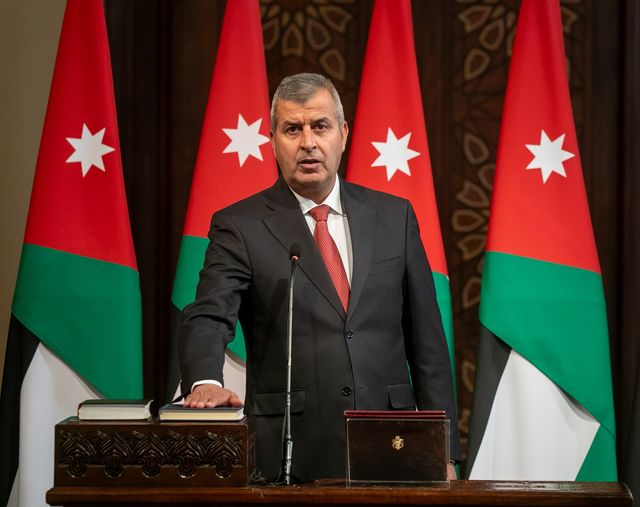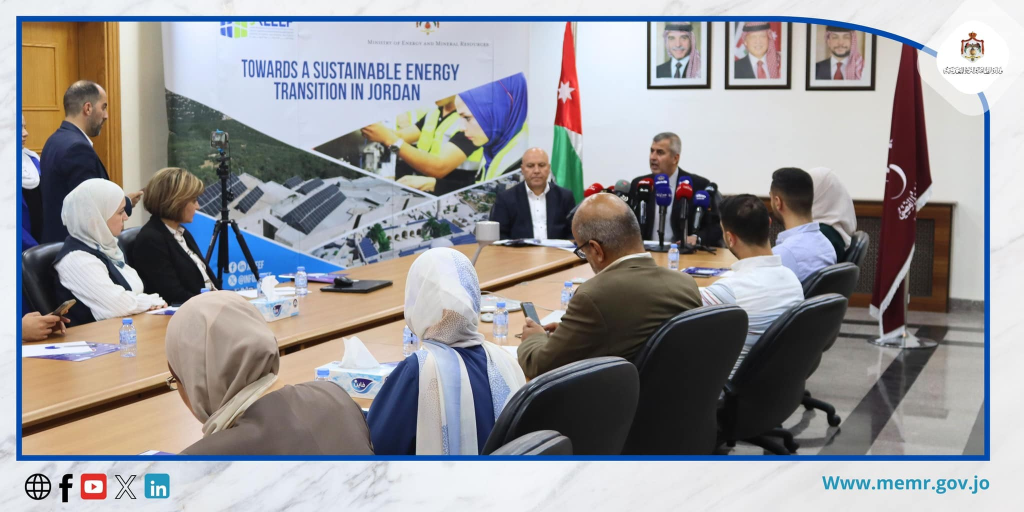In a major boost for the renewable energy sector, Jordan has unveiled a new policy offering a 30% government subsidy for residential solar system installations. Announced on September 23 by the Ministry of Energy and Mineral Resources, this initiative aims to promote the adoption of solar cell systems and solar heating systems in households.
Under the new program, homeowners can receive a 30% subsidy on the installation costs of grid-connected rooftop solar systems, with the remaining 70% available through bank loans. The Jordan Renewable Energy and Energy Efficiency Fund (JREEEF) will provide funding for this phase, which is expected to facilitate the installation of approximately 4,000 solar systems and 5,000 solar water heating systems.
Energy Minister Saleh Kharabsheh emphasized the significance of this subsidy in sustaining market growth, preserving jobs, and attracting investments in renewable energy. He noted that this initiative aligns with Jordan’s Economic Modernization Vision 2030 and Sustainable Development Goals, effectively contributing to a smooth transition toward clean energy and helping meet the country’s emission reduction targets.

Minister of Energy and Mineral Resources Saleh Kharabsheh
In addition to financial support, the government has established specific requirements for eligible solar systems, which include components such as PV modules, mounting structures, on-grid inverters, DC/AC cables and conduits, circuit breakers, panels and labeling, and earthing. For instance, inverters must comply with British standards ENA and provide test certificates (e.g., G83/2, G59/2, or any updated versions) to ensure high efficiency and safety. A web-based monitoring system is required for inverters to facilitate connection and control. Other key requirements include a maximum input DC voltage of 1000V, a minimum 5-year warranty, a Euro-ETA efficiency of at least 97%, and an IP protection rating of at least IP65.
The renewable energy subsidy program is part of a comprehensive effort to revamp the energy sector, with renewable sources now accounting for nearly 27% of Jordan’s electricity generation. The minister expressed optimism about increasing this share in the future, highlighting renewable energy as the largest local energy source.

Additionally, the program will provide full grants and 100% subsidies for low-income families to install renewable energy systems, further promoting inclusivity in energy access.
As Jordan implements these initiatives, the outlook for its renewable energy sector remains bright, paving the way for a greener and more sustainable energy future.
Further Reading
Favorable Policies: Jordan to Lift 1MW Solar Project Ban and Expand Tax Exemptions
In late 2019, the Jordanian Ministry of Energy and Mineral Resources announced a halt on applications for solar projects exceeding 1MW, citing grid capacity limitations. However, the issue extends beyond grid constraints. With over 93% of its energy imported in the form of oil and gas, Jordan is one of the most energy-dependent nations globally. Long-term procurement agreements for oil and gas by the utility have hindered the growth of renewable energy.
While this ban slowed the progress of Jordan’s renewable energy sector, reports suggest that the government may lift the restriction later this year, potentially accelerating the development of new projects. Though not yet officially confirmed, the government has already updated its renewable energy exemption policy, expanding tax exemptions to include energy storage systems and concentrated solar power, while maintaining exemptions for PV modules, inverters, solar water heaters, wind systems, and related components.
Official Information Source:
[https://www.petra.gov.jo/Include/InnerPage.jsp?ID=63686&lang=en&name=en_news]
[https://jreeef.memr.gov.jo/EBV4.0/Root_Storage/EN/EB_Info_Page/publication_sector.pdf]

